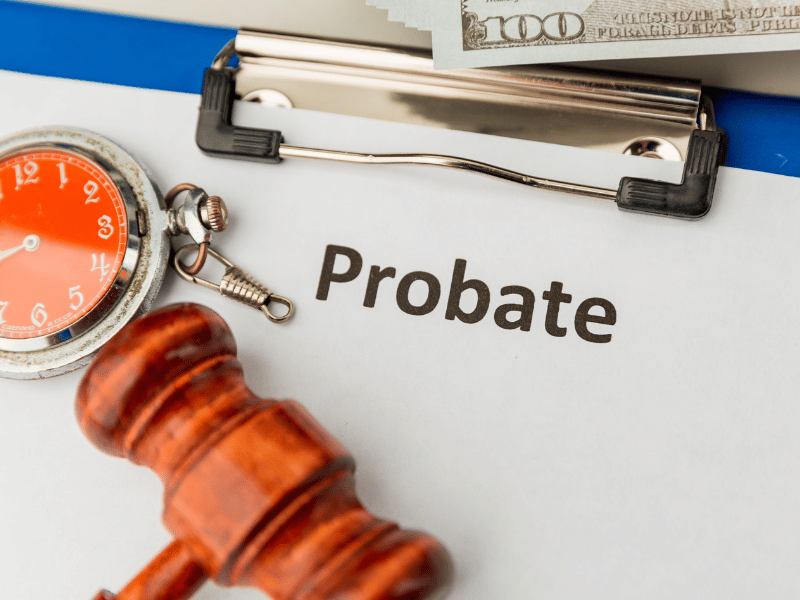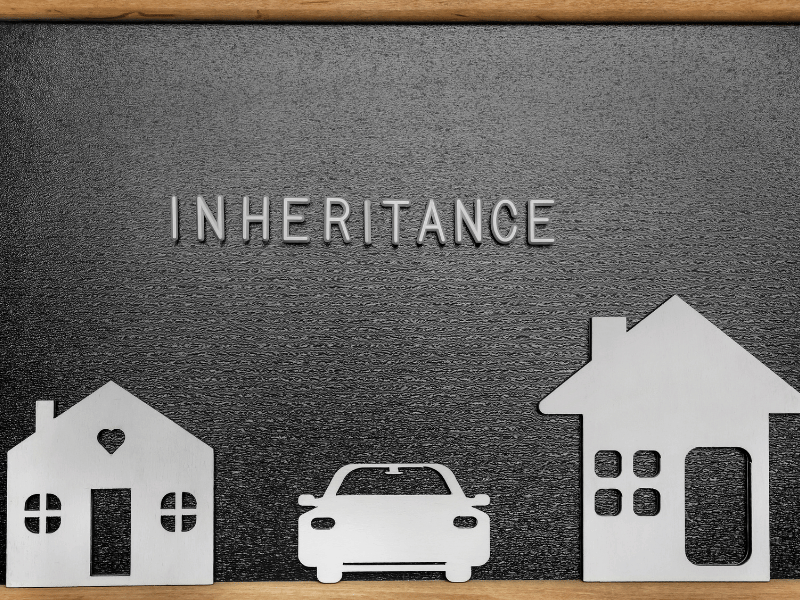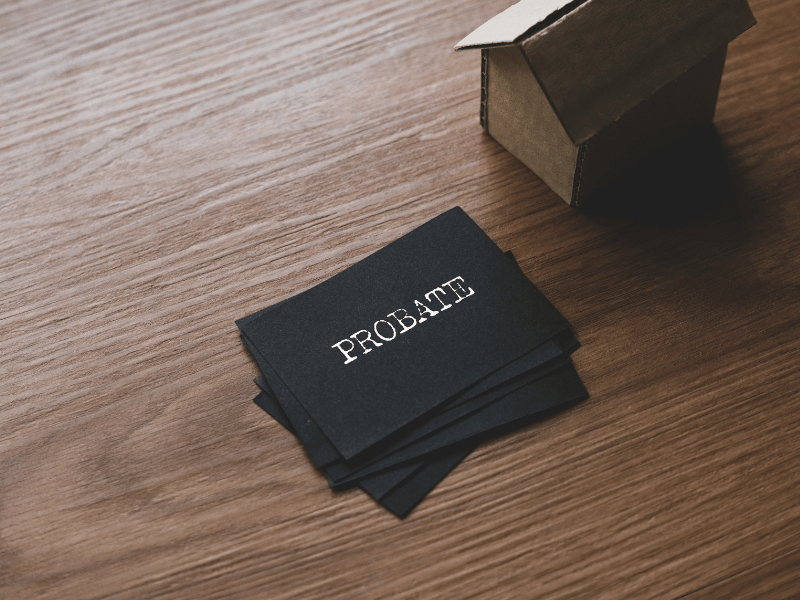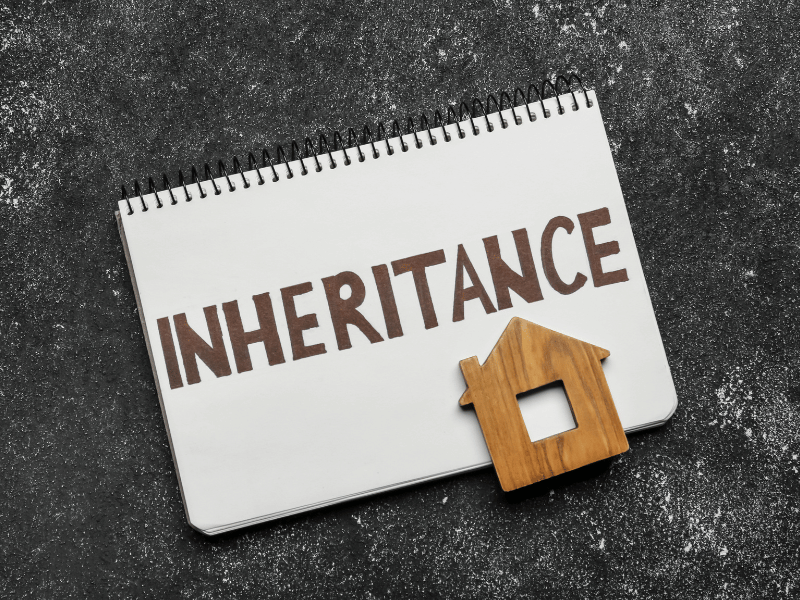Understanding The Basics Of A Ny Probate Property
When selling a property in probate in New York, it is important to understand the basics of the process to ensure a smooth and successful sale. The purpose of a probate is to distribute assets after someone passes away legally.
Certain legal obligations must be met for the sale of a house in probate to be valid. The first step is to open an estate and appoint an executor responsible for managing the deceased’s assets.
The executor must then file all necessary paperwork with the court and notify all potential heirs. Once this is done, they can begin advertising the house for sale and vetting potential buyers.
Both parties must accept an offer to complete the transaction, and all associated fees must be handled before closing. Considering any applicable taxes and discussing them with a tax professional is essential.
Finally, transfer of ownership documentation must be filed with the county clerk to pass ownership from one party to another legally. Understanding these basic steps will help you sell a house in probate in New York as smoothly as possible.
Appointment Of An Executor Or Administrator And Their Role In The Sale

An executor or administrator is an important part of the process when selling a house in probate in New York. They are responsible for ensuring that the assets are managed properly and that all debts are paid off before the estate can be transferred to the beneficiaries.
For this to happen, they must apply with the court and follow certain procedures established by New York law. The executor or administrator must also provide an inventory of all assets the decedent owns, including real estate, personal property, and other assets subject to probate proceedings.
Once appointed, they will act as a fiduciaries on behalf of the estate and manage it according to state laws. They will oversee all aspects related to the sale of the house in probate, from negotiating offers from buyers to coordinating with lawyers and other professionals involved in the transaction.
In addition, they will be responsible for ensuring that all taxes and fees related to the sale are paid in full before the title is transferred.
Knowing Your Rights As An Executor Or Administrator Of A Ny State Probate Property
As the executor or administrator of a New York State probate property, you must know your legal rights to ensure a successful sale. The probate process can be complicated and time-consuming, so it is important to understand all the details of selling a property in probate.
Knowing your rights as an executor or administrator will help you navigate the process effectively and efficiently. It is important to understand all the requirements for selling a house in probate, including what paperwork must be filed and the deadlines for filing them.
Additionally, you will need to know what taxes must be paid on the property and how to handle any attached liens or mortgages. You should also research local real estate laws related to probate sales, such as any restrictions on how quickly you are required to sell the home or any other applicable regulations.
With this knowledge, you can put yourself in the best position possible to successfully unlock the secrets of selling a house in probate in New York.
When Can Houses Be Sold While In Probate in New York?

When it comes to selling a house in probate, the laws in New York can be complicated and difficult to navigate. The process of unlocking the secret of selling a house in probate in New York starts with understanding when houses can be sold while in probate.
Generally, the executor of an estate has the legal authority to sell property owned by a deceased person. However, this is subject to certain New York state law restrictions.
If the house sale during probate proceedings is contested by any party interested in the estate, a court order may be needed before it can be sold. Additionally, title insurance companies may require that all debts have been paid from the estate before granting coverage for the sale.
There are other considerations as well, such as whether or not there are outstanding tax issues or liens against the real estate that must be resolved before it can be transferred to new ownership. Understanding these legal requirements is essential for successfully completing a sale while in probate in New York.
What Are The Different Ways You Can Sell A House In Probate In New York?
When it comes to selling a house in probate in New York, home sellers have several options. Firstly, the most common way to sell a house in probate is by hiring an estate executor or administrator who will manage the process from beginning to end.
This includes obtaining court approval and managing the sale of the property. Another option is to have a real estate agent list the home on the Multiple Listing Service (MLS) which allows potential buyers to view and bid on properties easily.
It’s also possible to hire an auctioneer who will conduct a live auction or an online auction depending on the situation, and this can be particularly beneficial for those who want to expedite the sale process. Lastly, some people opt for a direct sale by contacting potential buyers and presenting them with an offer.
Each option has its own pros and cons, so it’s important that home sellers weigh their decisions carefully before committing to one particular route.
Essential Steps To Sell A House In Probate in New York

Selling a house in probate in New York can be an intimidating process. However, it is possible to make it easier with the right guidance.
The first step to selling a house in probate is understanding the New York probate laws. This includes understanding the requirements for filing an application to appoint an executor of the estate and opening a formal estate case.
Once this is done, all debts and taxes must be paid before any assets can be distributed from the estate. The next step involves obtaining court approval for the sale of the house, which may require additional documents or hearings depending on the circumstances of the case.
After that, you’ll need to find a qualified real estate agent with experience handling probate sales and understanding how these transactions work. Finally, you’ll need to work with them to create marketing materials and establish a pricing strategy that will help attract potential buyers quickly and efficiently.
Following these essential steps will help ensure you sell your house in probate in New York as smoothly as possible.
Finding Qualified And Experienced Real Estate Agents For A Ny Probate Sale
Finding qualified and experienced real estate agents is essential for a successful New York probate sale. It is important to research extensively to locate a reliable and knowledgeable agent who understands the ins and outs of probate sales in the state, as this will help ensure that the process runs smoothly.
Properly navigating New York’s probate laws requires experience and expertise, so it is crucial to ensure that the agent you choose has the qualifications. Additionally, an experienced real estate agent can provide valuable advice regarding pricing, negotiating offers, and market trends.
Before making a decision on which agent to choose, sellers should be sure to review references from past clients and compare commission rates between different agents. Finding a qualified and experienced real estate agent is key to unlocking the secrets of selling a house in Probate in New York.
Adhering To Time Limits For A Probate Sale In New York

New York State law requires that a probate sale must be completed within nine months of the decedent’s will be admitted to probate. During this period, the executor must adhere to various time limits to close a successful sale.
While these deadlines seem daunting, they are designed to protect everyone involved in the transaction from potential legal issues and provide structure for an efficient real estate process. To ensure a successful probate sale in New York, it is important to understand all applicable deadlines and requirements and act accordingly.
This includes notifying necessary parties within the specified time frames and following any other regulations outlined by state law. By familiarizing yourself with all relevant time limits and adhering to them throughout every step of the selling process, you can ensure your probate sale goes as smoothly as possible.
Navigating The Bidding Process For A Probate Sale
The bidding process for a probate sale can be complicated and time-consuming, so it’s important to understand the basics before navigating it. In New York, when selling a house in probate, all bids must be submitted in writing and sent to the estate’s appointed representative.
Bids should include the potential buyer’s full name, contact information, and the amount they are willing to pay for the property. An earnest money deposit must accompany all offers, usually 10% of the offer but can vary depending on local regulations.
The estate’s representative will review each offer and decide how to negotiate. They may accept one of the offers as-is or try to negotiate with one or more bidders for changes that make their bid more attractive.
Negotiations can take some time, so be prepared for multiple communications with potential buyers before reaching an agreement. Once both parties agree, they will sign a contract outlining the details of the sale and payment terms.
The Overbidding Process: What You Need To Know

When selling a house in probate in New York, it’s important to understand the overbidding process. This can be a complex and confusing process for home sellers, so it’s essential to know the key tips and tricks to ensure you maximize the sale price of your property.
Overbidding is the process by which interested buyers compete to purchase an asset by submitting higher offers than other potential buyers. In this situation, the seller typically has two options: either accept the highest offer or set a minimum acceptable price for the home and then allow the bidders to bid above that amount until no higher bids are placed.
Once all bids have been submitted, there is usually a waiting period before the final buyer is chosen. It’s important to remember that during this waiting period, you should not accept any offer from a potential buyer unless it meets or exceeds your desired sale price.
Knowing what to expect when it comes time for overbidding and how best to prepare yourself will give you an advantage when it comes time to sell your home in probate in New York.
Extra Resources To Help New York Sellers
| Closing Costs When Selling A House In New York | Taxes When Selling A House In New York |
| When Is It Too Late To Stop Foreclosure In NY | Selling A House With Mold In New York |
| Squatters Rights In New York | Selling A House With Fire Damage |
| Selling A House With Code Violations | Sell A House In Probate New York |
| Sell A House During Divorce New York | Can You Sell A House In Foreclosure New York |
| Selling A House When Relocating | Selling Inherited Property In NY |
| Sell Commercial Property In New York | Sell Land In New York |
| How To Do A Quitclaim Deed In New York | Tenant Damage To Property In [New York |
Sell A House During Divorce In New York
Taxes When Selling A House In New York
Who Pays Closing Costs In New York
Sell Your New York House Fast For Cash Today
We buy houses in ANY CONDITION! We pay CASH and there are no commissions or fees. Start below by giving us a bit of information about your property or call (631) 336-9166

